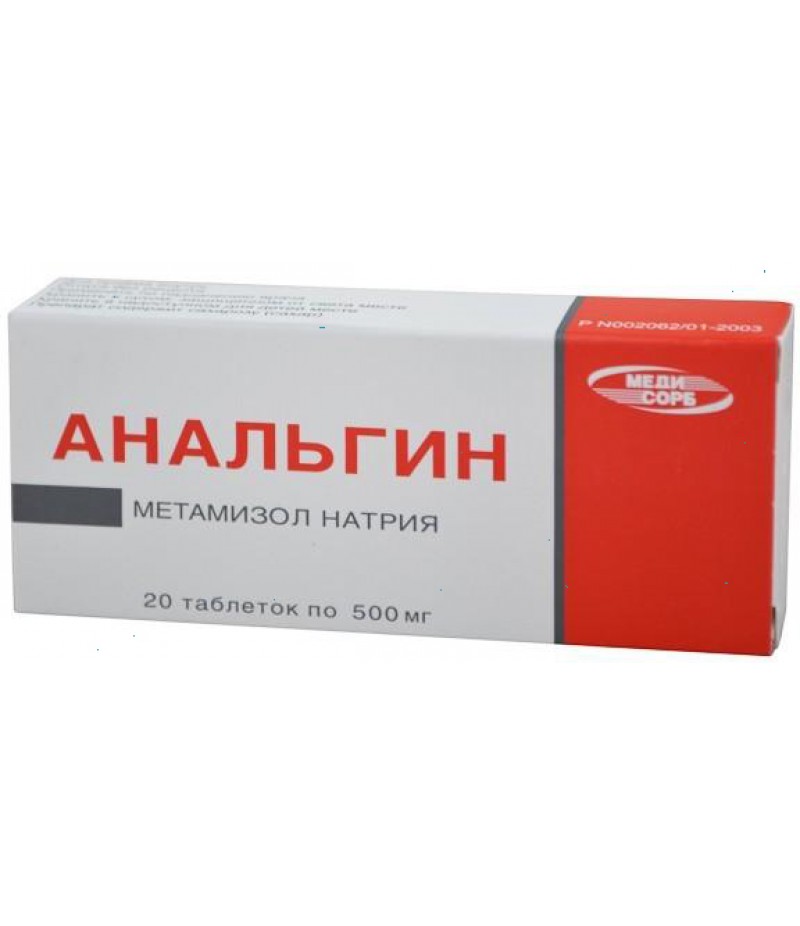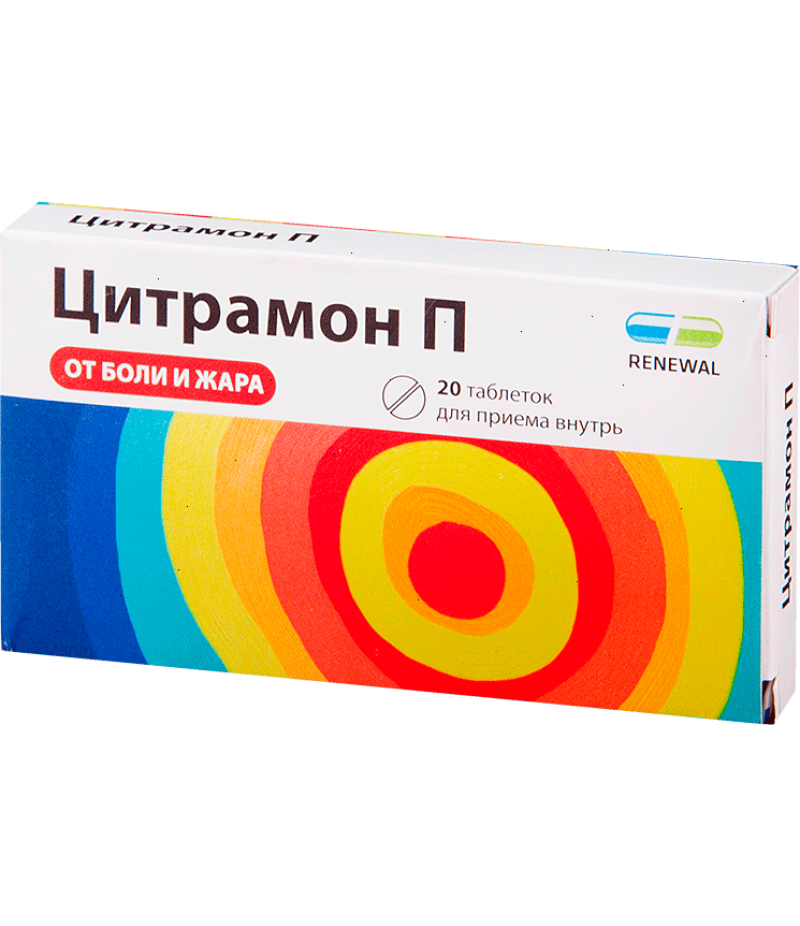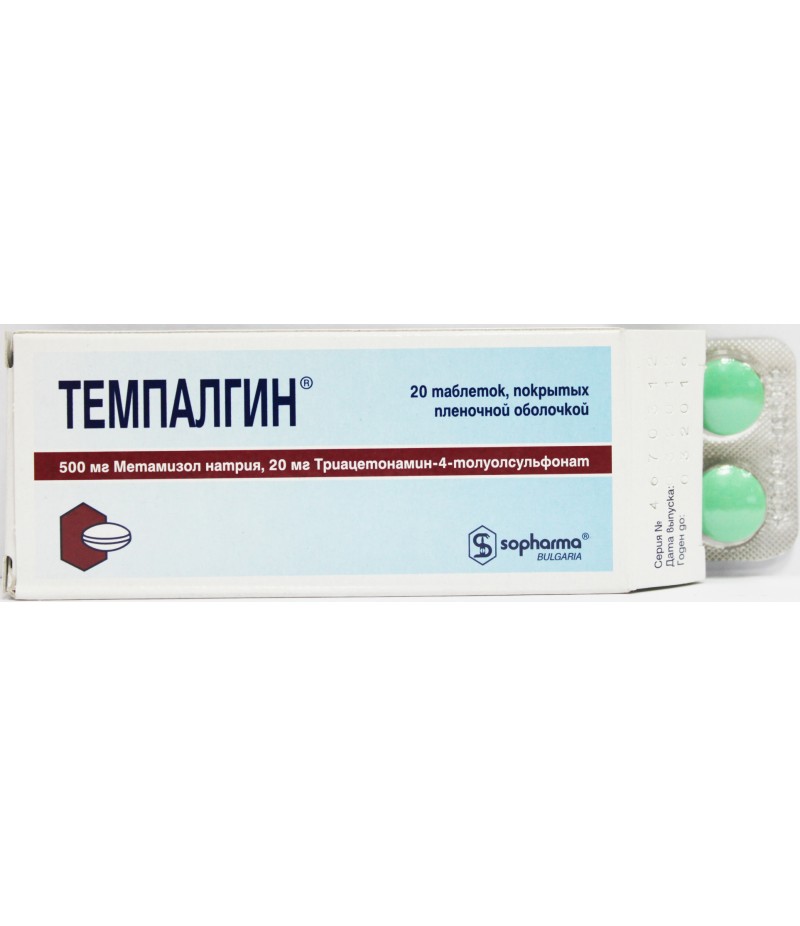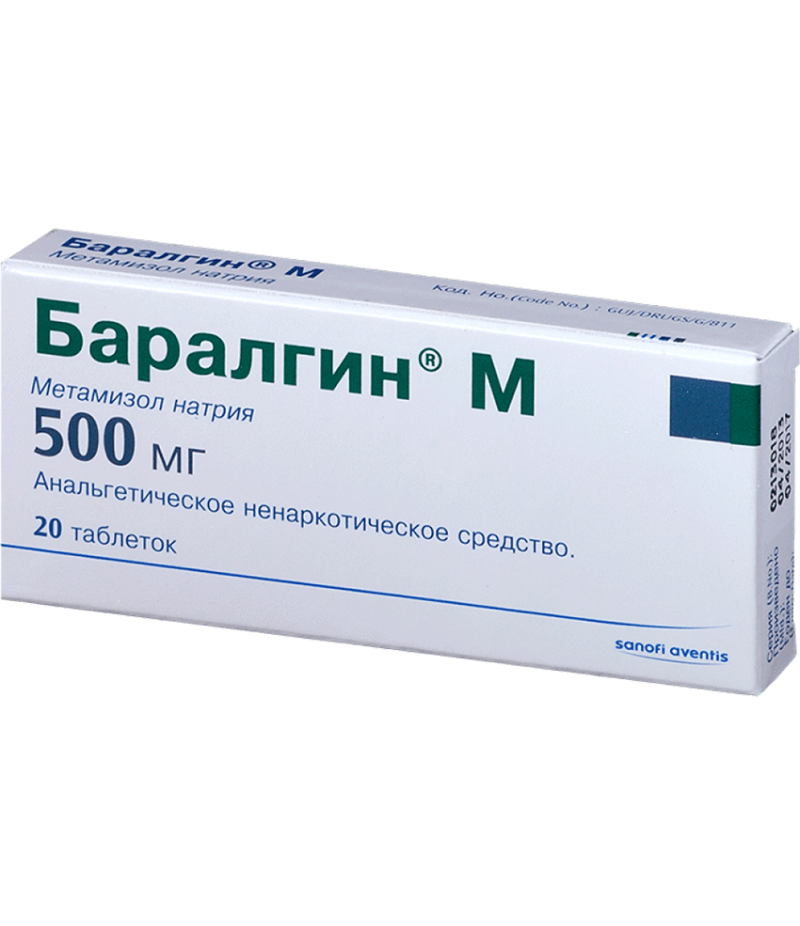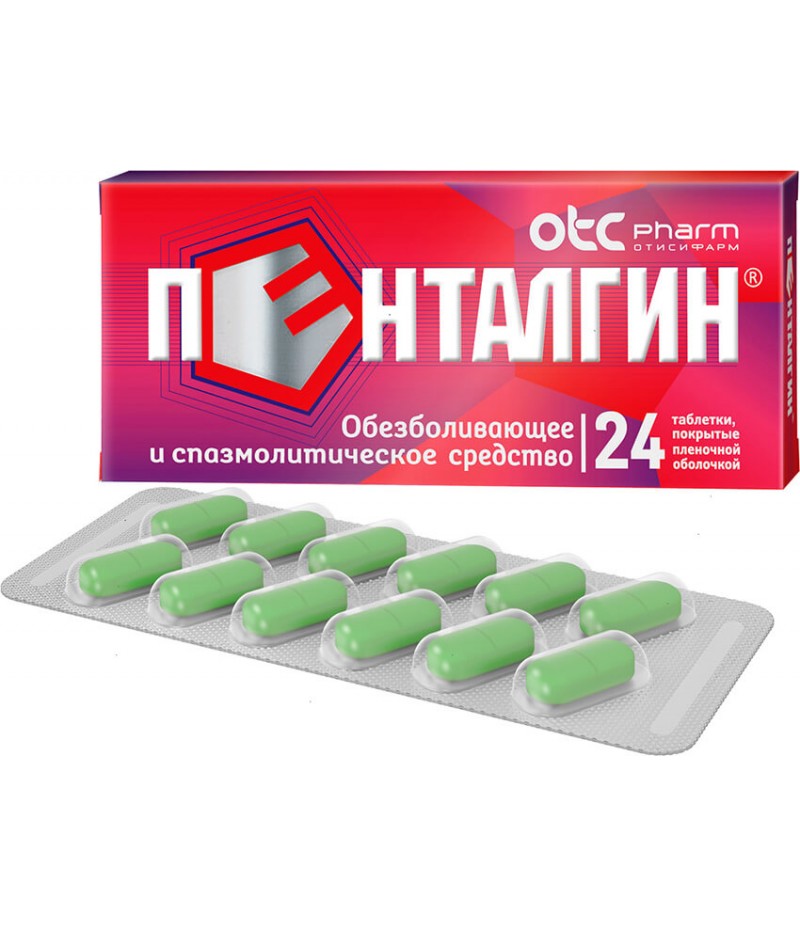Analgin (Analginum) 500mg #20
- $3.72
- 3 or more $3.51
- 5 or more $3.29
- Availability:In Stock
Analgin instruction for useYou can buy Analgin on this pageAnalgin (Analginum) - non-narcotic analgesic, belonging to the group of non-steroidal anti-inflammatory drugs.Form of issue and compositionThe drug is available in tablets..
Tags: tabs
Analgin instruction for use
You can buy Analgin on this page
Analgin (Analginum) - non-narcotic analgesic, belonging to the group of non-steroidal anti-inflammatory drugs.
Form of issue and composition
The drug is available in tablets at a dosage of 0.5 g of 10 tablets per package. Tablets are white or yellowish in color, round, with a flat surface and a dividing line.
The main active substance is metamizole sodium. In 1 tablet contains 500 mg of metamizole.
Excipients: calcium stearate, sugar powder, potato starch, talc.
pharmachologic effect
Pharmacodynamics. It is a derivative of pyrazolone. It is characterized by a pronounced analgesic, antipyretic and insignificant anti-inflammatory effect.
The analgesic effect of an available active substance inhibits cyclooxygenase and the synthesis of prostaglandins (involved in the development of inflammatory and painful reactions). In addition, metamizole blocks the transmission of painful impulses and raises the sensitivity threshold of the painful centers, the release of the brain caused by one or another stimulus.
The anti-inflammatory effect of metamizole is also due to oppression of prostaglandin production.
Antipyretic effect Analginization due to the ability to reduce production and release of chemical substances that affect heat production.
Analgin also has an antispasmodic effect on the smooth muscles of the biliary and urinary tract.
Pharmacokinetics.
Analgin quickly absorbed in the digestive tract. Already after half an hour after taking the drug therapeutic concentrations of metamizol in the blood. The maximum number of active users is 1.5 hours. A small part of metamizole binds to blood plasma proteins. The active substance is split in the liver into synthetic and inactive chemical compounds. The drug is excreted by the kidneys. Penetrates through the placental barrier, absorbed into breast milk.
Indications for use
The main indication for the use of analgin is pain syndrome of various origin:
headache (including migraines);
toothache;
algodismenorea;
neuralgia;
radiculitis;
colic (renal, intestinal, biliary);
pain after injury or burns.
The drug can be used for anesthesia after surgical operations or diagnostic measures.
To lower the temperature, Analginum is prescribed in cases when other antipyretic drugs are ineffective.
Contraindications
Contraindications to the use of Analgin are:
individual intolerance to pyrazolone / pyrazolidine derivatives, allergic reactions to ancillary components of the drug;
kidney failure;
liver failure;
oppression of hematopoiesis and impaired bone marrow function (including after taking cytostatics);
leukopenia, hereditary hemolytic anemia and other types of anemia;
rheumatic attack;
dysmenorrhea;
"Aspirin" asthma or a syndrome of intolerance to nonsteroidal anti-inflammatory drugs and analgesics;
children under 10 years;
first and third trimesters of pregnancy.
Method of application and dosage
Tablets are taken after eating, squeezed with enough water. Duration of application - no longer than 5 days.
Dosage is determined by the intensity of the pain syndrome and the body's response to taking Analgin. Below are the average recommended doses of the drug.
For adults and children over 14 years. The drug is taken for 0.5 g to 3 times a day. The maximum permissible single dose is 1 g (2 tablets), the maximum daily dosage should not exceed 4 g.
For children from 10 to 14 years (with a body weight of 32 kg to 53 kg). The recommended single dose of Analgin is 0.5 g. The maximum daily dose is not more than 2 g of metamizole sodium.
Side effects
The undesirable side effects of analgin are:
headache;
dizziness;
lowering of blood pressure;
fever;
rash on the skin;
agranulocytosis (the risk of agranulocytosis increases with continuous use of Analgin during 7 days);
leukopenia;
anemia;
acute deterioration of renal function leading to the development of proteinuria, anuria, oligonuria, or acute renal failure;
development of hepatitis.
In case of an overdose, dyspnea, rapid heartbeat, nausea and vomiting, tinnitus, impaired consciousness, convulsive syndrome may occur. Can develop acute renal / hepatic failure, agranulocytosis.
To eliminate symptoms of an overdose, artificial induction of vomiting, gastric lavage, intake of salt laxatives and sorbents is necessary. Symptomatic treatment is performed to restore and maintain important body functions.
special instructions
During treatment with Analgin, it is important to take into account some points:
It is impossible to take analgin for the relief of acute pain in the abdomen before identifying the causes that cause pain and diagnose pathology;
During treatment, control of the composition of peripheral blood (leukocyte formula) is required to prevent oppression of hematopoiesis;
for elderly patients, as well as patients with impaired renal function (with glomerulonephritis, pyelonephritis), therapeutic doses should be reduced, since it is possible to slow the withdrawal of the drug from the body;
when prescribing Analgin, patients with acute cardiovascular disease need strict control of heart rate and blood pressure, respiratory rate;
use with caution in patients with alcohol dependence;
with caution appoint to patients prone to allergies (the risk of anaphylactic shock to the drug increases in patients with bronchial asthma, chronic urticaria, intolerance to dyes and alcohol);
during treatment, it is possible to stain the urine red, which is associated with excretion of metabolites (has no diagnostic value);
The use of Analgin in the second trimester of pregnancy is possible only after a thorough evaluation of the benefits to the mother and the risk to the fetus; the first and last 3 months of pregnancy the drug is contraindicated;
You can not take Analgin during breastfeeding;
reception Analginum does not affect the speed of motor and mental reactions, the ability to drive and manage complex mechanisms;
the drug is not recommended to be used for a long time because of its myelotoxic effect.
Terms and conditions of storage
The drug is stored in the original packaging, protected from sunlight and moisture, inaccessible to children at a temperature of no higher than 25 ° C. Shelf life of Analgin tablets is 5 years. Do not use the product after the expiration date printed on the package.

